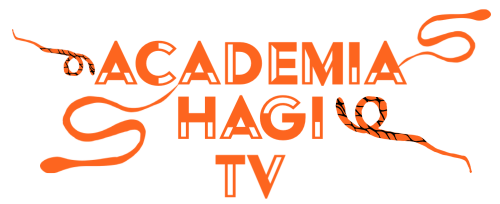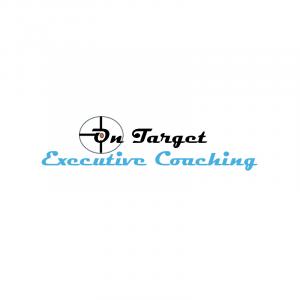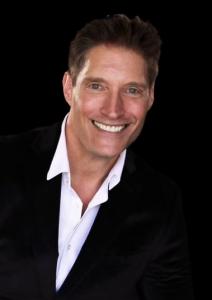UPPER MARLBORO, MARYLAND, UNITED STATES, May 24, 2024 /EINPresswire.com/ — With 98% of Americans looking for remote work, it is estimated that 32.6 million Americans will be working remotely by 2025. What does remote work mean for corporations?
According to Organizational Development Consultant Pamela Dudoff, “We know that organizations perform best when they are able to create a strong culture, where employees feel there is a common purpose and feel connected to the people they work with. Today’s biggest struggle for executives and CEOs is figuring out how to create that culture of community while being respectful that employees really are capable of doing good work remotely. Remote work is outside leaders’ experiences, and managers don’t know how to create a strong culture with remote employees. The reality is that positive cultures can be cultivated remotely and a lot of leaders and managers still have the very outdated belief that people won’t do good work from home.”
Even when executives look for validation, they’re not finding it. “Recently, a CEO wanted to bring everybody back and to be fair, he wanted stats to support his decision. So he sent out a survey to customers about their experiences with service during the pandemic believing that customer service quality had declined. Well, the customers responded that customer service had been fine, if not better—now calls were being answered at 7:00 at night. He could not find support for forcing everyone to return.”
With over 20 years working in Organizational Development (OD), Pamela explains, “Just about every organization you can imagine needs OD work right now. There is some debate about whether or not OD should fall under Human Resources (HR). OD and Human Resources are not the same, and OD works best when it’s run from executive offices. A lot of research has been done about groups, teams, personalities, conflict, leadership, and motivation… decades of research. OD takes that research and applies it to the workplace, which is very different from what HR does. Certainly, HR does some programs proactively, but their main role is damage control. That’s in part, because, when situations are not handled well, a business can end up getting sued, which is very expensive. So a lot of HR is about minimizing lawsuits while OD is more about using knowledge gained through research to help leaders make organizations highly effective.”
The role of a Coach is also very different from traditional HR. “We all have biases, what we are comfortable with. What makes coaching so valuable is we ask questions to help clients find new solutions. I like to ask, ‘What is it that makes you think that? Are there other options?’ The goal is to help clients think differently and to ask (1) is what they’re doing now working? and (2) if it’s not, what else could they be doing? It’s very hard to see how things can be different on your own. That’s what a coach does—opens clients to move beyond their biases so they can see situations in a different way.
“We know from neuroscience, when we ask questions, the whole brain lights up,” explains Pamela. “We can absolutely see this with CAT scans. When asked questions, we automatically focus to try to find answers. The brain lights up and begins making connections, thinking about things differently, making inferences. Questions turn our brains on in a way that facts and data do not.”
Theodore Roosevelt said, “No one cares how much you know until they know how much you care,” and successful coaches genuinely care. Coaches also have to authentically care.
Pamela explains, “When you’re working with a coaching relationship, you’re vulnerable and that’s scary. Employees who work with coaches are talking about challenges, and perhaps perceived failures, and are often not sure what to do. Coaches who honestly respect, care, and believe in them are vital to allowing employees to feel safe. Only then can a coach connect them to their own strengths so they can begin learning how to create more effective organizations. Coaching is designed to help everyone feel stronger, more effective, and realize how effective they really can be.”
Leaders often have the perception that the best time to bring in a coach is when employees are struggling. “A struggling employee is not the person who will find success from a coach,” explains Pamela. “Employees who are doing well are more capable of developing skills to an even greater degree. With the right support, these employees excel faster than most. Coaching works best when it provides high potential leaders and executives with challenges and stimulation they need to grow to their potential.”
Can company culture be supported remotely? “I’ve been working with a company that has a whole group of new managers and supervisors—some have experience but all are new to the organization. On their own, they organized a virtual lunch once a month where they ask questions, get answers, and have discussions to learn from each other and solve problems. They are absolutely able to do that virtually.”
Since 2020, we have come a long way, and still have further to go. “Dynamics can get very complicated very fast,” shares Pamela. “I am excited to help more leaders find solutions to all the challenges that lie ahead.”
Close Up Radio will feature Pamela Dudoff in an interview with Jim Masters on Monday, May 28th at 10:00 am EST
Listen to the show on BlogTalkRadio
If you have any questions for our guest, please call (347) 996-3389
For more information about Pamela Dudoff please visit https://www.linkedin.com/in/pameladudoff and https://www.ontargetcoaching.net/
Lou Ceparano
Close Up Television & Radio
+1 631-850-3314
email us here
Visit us on social media:
Facebook
![]()
Originally published at https://www.einpresswire.com/article/714292657/pamela-dudoff-of-on-target-executive-coaching-to-be-featured-on-close-up-radio





